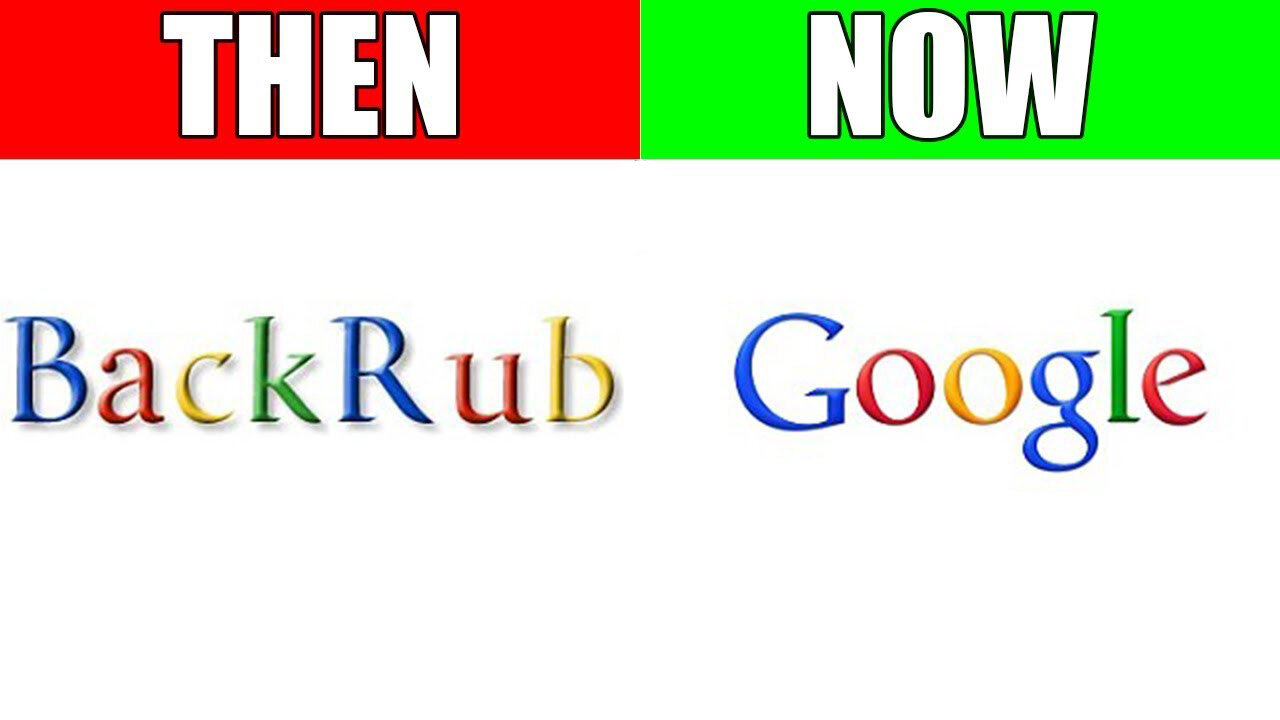Recently Forbes wrote an article called “The New SEO Rules For 2020: It’s No Longer About The Backlinks.” I have to be honest I didn’t know Forbes considered themselves and authority on SEO but after doing some research they have a lot of articles around explaining SEO and most of them have very general information that is overall correct. However, in this specific article, they say “Backlinks are out” which really triggered me. I usually let a statement like this roll off my back but because it was Forbes saying this I felt the need to explain why they are wrong.
Here is the exact quote from Forbes explaining why they think backlinks are out:
Google’s search team realized a lot of people were using shady SEO tactics and building tons of backlinks from huge websites, so it fought back. You’d think a backlink from Forbes, one of the most trafficked sites in the world, would shoot you to the top of the ranks, but it doesn’t. Google now ranks sites by category, and news outlets, among others, have lost a ton of SEO credibility and rankability.
Now Google’s algorithm focuses more on the richness of your content, much like Instagram. This means the worth, depth and differentiation of your content are more important than the sites that link to you. Things like the use of images with alt tags, visual aesthetics and depth of writing are all measured by the algorithm and can set you apart. So make sure to include keywords, along with images and video. Think of your new SEO-rich blog posts more like infographics and less like essays or articles.
Now I will say the rest of the article is overall accurate and very general which is what I expect from a Forbes article on SEO. I am going to explain why this Forbes writer is wrong and how this misinformation can hurt other people trying to be successful in SEO. I run into so many people that ask me how they can rank on Google and get more organic traffic. 9 times out of 10 it is because they have no domain authority or quality backlinks helping their off-page SEO efforts. They usually say they read an article that said backlinks don’t help SEO. I am here to say they do and are the only way you can rank for competitive keywords. Yes, content is important but don’t lose sight on improving your off-page SEO or you are missing half the SEO equation.
Here are 4 reasons why Forbes is wrong about backlinks being dead:
Domain Authority Is An Important Aspect of SEO
Domain authority (DA) was created by Moz and shows how creditable a website is and domain authority gives your website a value score of how Google thinks website will rank on the search engines. There are 40 aspects of how domain authority is calculated but some of the factors are the root domain and inbound links. Websites with massive amounts of high-quality inbound links, like Wikipedia, have the highest domain authority. New websites with no backlinks typically have a domain authority of 1.
So here is the conclusion that most people come to when analyzing domain authority, if Moz created domain authority score that calculates your website’s SEO value and links are included in this score, then you can come to the assumption that links are valuable in Google eyes.
Below I am going to give you a real-life example of a general search “who is the best football player of all time” that shows the website with the highest domain authority and page authority (PA) ranks on the top of the page. If you believe that backlinks are dead and therefore domain authority does not matter then domain and page scores will be at random in the SERPs. As you can see in this SERP example the website with the highest DA and PA is on top of the Google Search list and the website with the lowest DA and PA is on the bottom. You can make your own conclusion if you believe domain authority or backlinks are not important to your SEO or ranking but my screenshot below proves domain authority and backlinks are essential.
2. Industry Study Finds Backlinks Remain Google’s Key Ranking Signal
Backlinks are basically votes from other websites. Each of these votes tells search engines: “This content is valuable, credible and useful”. So the more of these “votes” you have, the higher your site will rank in Google and other search engines.
Using links in a search engine algorithm is nothing new. In fact, backlinks formed the foundation of Google’s original algorithm (known as “PageRank”).
Even though Google has made thousands of changes to its algorithm since then, backlinks remain a key ranking signal.
For example, an industry study that we conducted found that links remain Google’s key ranking signal.
And Google has confirmed that backlinks remain one of their three most important search engine ranking factors.
RankBrain was said by Google to be the third most important ranking factor, but Google refused to say what the first two were. Recently, in a Q&A with Google, Andrey Lipattsev, a Search Quality Senior Strategist at Google, said the other two factors were links and content. This proves without a shadow of a doubt that Google values backlinks equally to content.
3. Guest Blog Linkbuilding On The Rise
Guest blogging over the past couple of years has increased exponentially to the point where major SEO software companies are starting to offer guest blogging services. The main reason why SEO experts and agencies are using guest blogs more then ever is because it is a valuable backlinking strategy that is quick and effective.
Ask yourself this question “If backlinks were considered not valuable why would guest blogging services be such a popular service today?” People are not doing guest blogs for brand awareness or referral traffic, they are guest blogging because it is a valuable way to link build and push authority to your site so you can rank.
Below is an ahrefs survey they did which asked average people and SEO agencies “do you use guest blogging in your linkbuilding campaigns?” This is their response:
Now, let’s think for a second. If SEO experts and SEO agencies are guest blogging because they can get valuable backlinks from it and it is increasing their ranking and organic traffic over a period of time, then are backlinks not valuable to Google? I don’t think so.
4. Google Used To Be Called “BackRub”
Larry Page and Sergey Brin, founders of Google, called Google BackRub, in the beginning, this because the program analyzed the web’s “backlinks” to understand how important a website was, and what other sites it related to. BackRub operated on Stanford’s servers until it eventually took up too much bandwidth.
But by 1997, Page seems to have decided that the BackRub name just wasn’t good enough. According to Koller, Page, and his officemates at Stanford began to workshop different names for the search engine technology, names that would evoke just how much data they were indexing.
The name “Google” actually came from a graduate student at Stanford named Sean Anderson, Koller writes. Anderson suggested the word “googolplex” during a brainstorming session, and Page countered with the shorter “googol.” Googol is the digit 1 followed by 100 zeroes, while googolplex is 1 followed by a googol zeros. Anderson checked to see if that domain name was taken, but accidentally searched for “google.com” instead of “googol.com.” Page liked that name even better and registered the domain name for Brin and himself on September 15, 1997.
Why is this important to SEO backlinking you might ask? Well, the original core algorithm of Google looked at backlinks to understand how valuable a website was and rank it accordingly. Even though Google's core algorithm has changed a lot over the +20 years you can assume that the core function of analyzing backlinks is still part of Google core algorithm today. Think of it this way, Google’s algorithm was constructed by building on layers of code to make the algorithm smarter and more efficient. Over time Google has built Google to have RankBrain. Even though you don’t know exactly how Google’s algorithms work but you can assume that analyzing links is still embeded into the foundation of that code and is still a major ranking factor in Google’s algorithm today.
Conclusion
Anyone that states that backlinks are “dead” or “out” are not SEO experts because actual SEO experts that work with backlinks, ROI’s, and analytics every day see that valuable backlinks increase your SEO value and helps you rank for keywords which helps you get more organic traffic. Anyone that says link building is dead is inexperienced in SEO and is misleading other people trying to get into SEO and setting them up to failure. My suggestion, is to not use Forbes or news outlets like them to get your digital marketing news. Use creditable digital marketing sites that actually have experts working for them that deal with SEO and data every day like Moz, ahrefs, SEMrush, Niel Patel, Backlinko, and Orange SEO.





